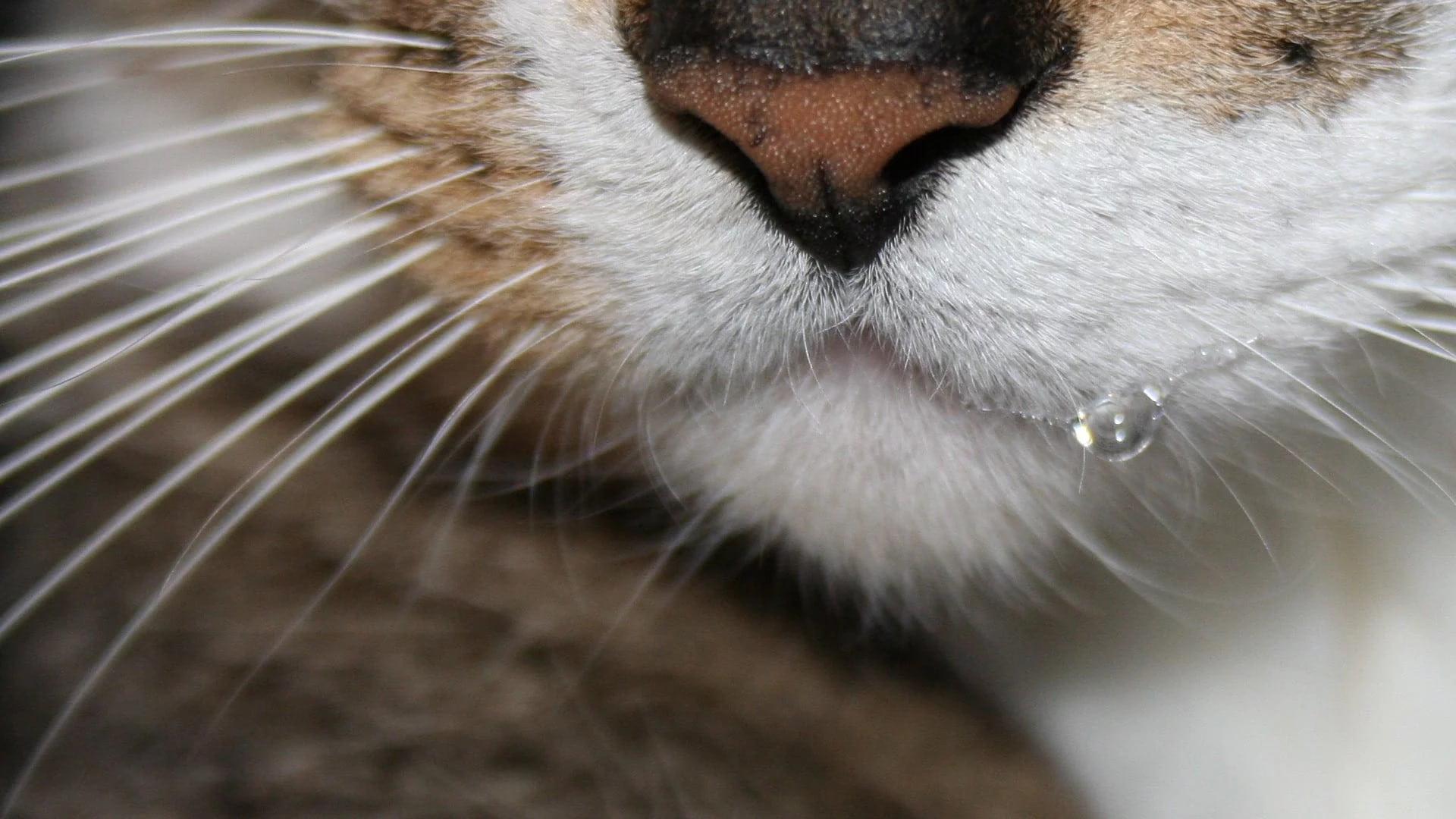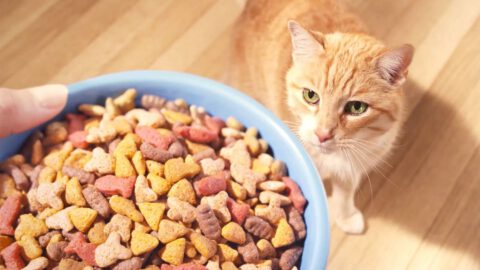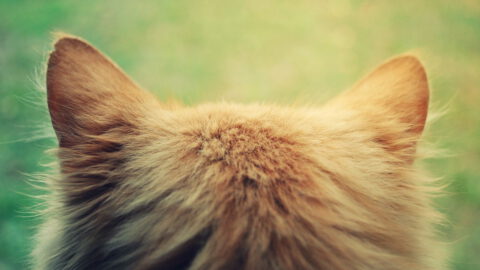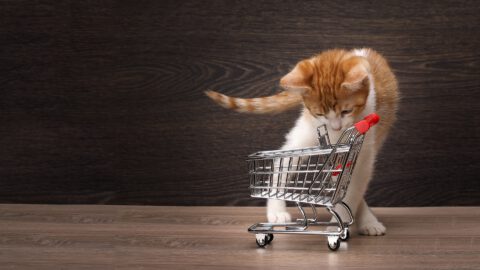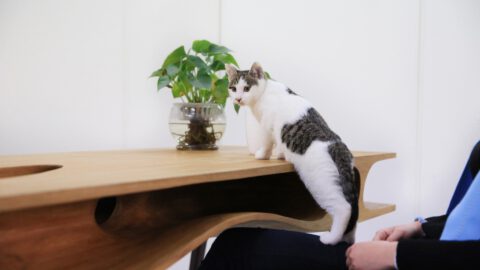Last Updated on February 14, 2021
That age-old saying of “Cats rule, dogs drool!” isn’t entirely correct. Just like dogs, cats can and do drool but it is not for the same reasons. Since drooling is not nearly as commonly seen in cats, it is not something a cat owner may ever think of until they notice their cat doing it. This may come as a bit of a shock but in many cases, it is quite normal. Let’s take a look at why your cat may be drooling and whether or not you need to be concerned.
What Causes A Cat To Drool?
Believe it or not, most cats do drool but very few drool to the extent you will notice it. While it is more commonly observed with kittens who are nursing and teething, adults are capable of drooling too. What causes a cat to drool when a medical condition is not present is stimulation. There are three different kinds of stimulation that can make a cat drool which include pleasure, excitement, and hormonal.
Pleasure Stimulation
A cat who is drooling from pleasure or enjoyment accompanies purring and sometimes kneading. This kind of drooling happens because the cat is not only very relaxed but very pleased with what is going on. Some will drool when they smell their favorite food, others will drool when they are being petted or given affection, and then some will just drool because they are having a good day. This kind of drooling always has a source (happiness) and it is easy to identify why it is happening.
Excitement Stimulation
While this kind of stimulation can include purring, it is almost always a nervous purr. Cats that are excited, nervous, or anxious can start to salivate excessively. In some cases, they may start to pant like a dog would. Common causes of this kind of stimulation are car rides, new environments, trips to the vet, and being startled. It is pretty quick to pass and there should not be excessive amounts of drool. If you notice your cat spaces out while drooling and looking confused, they may be having a stress seizure so it is important to help them relax and calm down.
Hormonal Stimulation
Cats that are not fixed or who have previously mated before being fixed can experience this kind of simulation. Cats who drool due to hormones will do so around other cats that may or may not be in heat. It is usually triggered by a hormonal response that is not easily detected by humans. A stray cat may be marking your porch or the scent of a female in heat may come into your home through an open window. This is not very common in indoor-only cats but it does happen in both male and female cats.
Medical Reasons Your Cat May Be Drooling
If your cat doesn’t seem to be drooling because of stimulation or it seems to be rather excessive, it can be down to a disease, infection, virus, or injury. Cats that drool excessively have a medical condition known as hypersalivation. While this condition is not harmful or deadly in and of itself, it can be a sign that your can has an underlying medical condition that may need treating.
Symptoms Of Hypersalivation
A cat that has hypersalivation has an underlying cause as this medical condition is a secondary symptom. It can be hard to know what the exact cause is based on symptoms alone. While this condition may not include any of the symptoms listed outside of the excessive drooling, the cat must be seen by a veterinarian professional to rule out more serious issues. Below are the most common symptoms associated with hypersalivation in cats:
What Causes Hypersalivation?
Not all causes of hypersalivation are medical problems that require treatment but when the drooling has suddenly started or is very excessive, it can mean something more severe. Some cats are more prone to hypersalivation by way of genetics or medical conditions they were born with or acquired at a young age. The most common causes of hypersalivation are:
When To See A Vet
If your cat drooling is something new or seems to be excessive (along with accompanying other symptoms), it is a good idea to take them to a vet ASAP. While in many cases it may just be deemed natural behavior for your cat, too many medical issues accompany drooling which is why it is important to rule them out.
